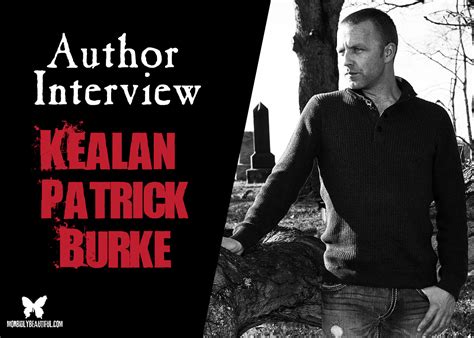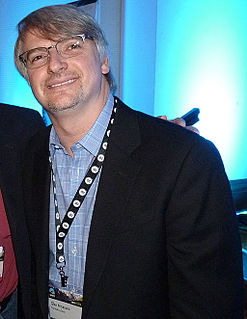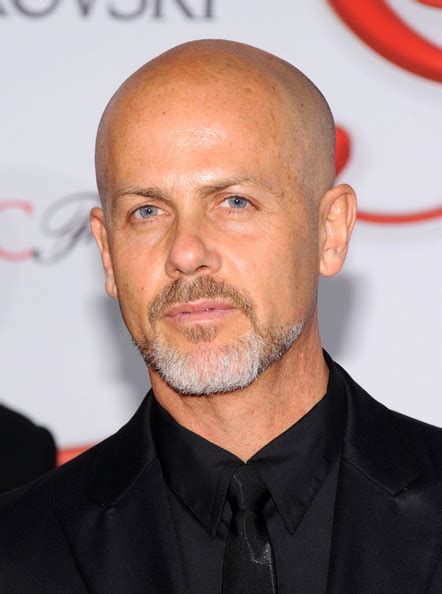A Quote by Clive Barker
Horror fiction shows us that the control we believe we have is purely illusory, and that every moment we teeter on chaos and oblivion.
Related Quotes
Life always gives us exactly the teacher we need at every moment. This includes every mosquito, every misfortune, every red light, every traffic jam, every obnoxious supervisor (or employee), every illness, every loss, every moment of joy or depression, every addiction, every piece of garbage, every breath. Every moment is the guru.
Horror grows impatient, rhetorically, with the Stoic fatalism of Ecclesiastes. That we are all going to die, that death mocks and cancels every one of our acts and attainments and every moment of our life histories, this knowledge is to storytelling what rust is to oxidation; the writer of horror holds with those who favor fire. The horror writer is not content to report on death as the universal system of human weather; he or she chases tornadoes. Horror is Stoicism with a taste for spectacle.
It’s all about control. Control is illusory. No matter what university you go to, no matter what degree you hold, if your goal is to become master of your own destiny, you have more to learn. Parkinson’s is a perfect metaphor for lack of control. Every unwanted movement in my hand or arm, every twitch that I cannot anticipate or arrest, is a reminder that even in the domain of my own being, I am not calling the shots. I tried to exert control by drinking myself to a place of indifference, which just exacerbated the sense of miserable hopelessness.
Horror itself is a bit of a bullied genre, the antagonist being literary snobbery and public misconception. And I think good horror tackles our darkest fears, whatever they may be. It takes us into the minds of the victims, explores the threats, disseminates fear, studies how it changes us. It pulls back the curtain on the ugly underbelly of society, tears away the masks the monsters wear out in the world, shows us the potential truth of the human condition. Horror is truth, unflinching and honest. Not everybody wants to see that, but good horror ensures that it's there to be seen.
In a deep metaphysical sense, all that is conditioned is illusory. All phenomena are literally 'appearances,' the outer masks in which the One Reality shows itself forth in our changing universe. The more 'material' and solid the appearance, the further is it from reality, and therefore the more illusory it is.
And now the moment. Such a moment has a peculiar character. It is brief and temporal indeed, like every moment; it is transient as all moments are; it is past, like every moment in the next moment. And yet it is decisive, and filled with the eternal. Such a moment ought to have a distinctive name; let us call it the Fullness of Time.
When everything does seem out of control, writing fiction is a way I can order that chaos and restore some sort of meaning. I like the playful aspect of writing fiction. You know how it is when we are kids and we make up our worlds: You be this guy, and I am going to be this guy, and we are going to go slay dragons.
I think there's over-telling sometimes, in fiction. For instance, I'm a big fan of horror movies, but I could always lose the last third of them. There's the brilliant exciting scary thing that's going on, and then they have to show you the monster, and the monster turns out to be a giant spider from space and then you push it over and it's dead. It becomes mortal and it has human needs and it always sort of feels like a shame. Maybe because of all the cop shows and such, we're a generation that needs to have problems solved for us in fiction.
There are very few horror shows, where you have a long running arc. Most horror shows play as a sort of an anthology. Buffy - a terrific show - had the-demon-of-the-week. Twilight Zone - X Files - these things had an anthology approach. Our show is a long running drama with the same creatures every week.






































